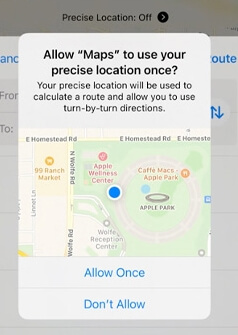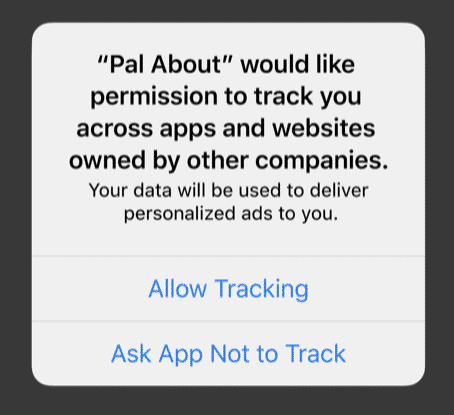In late June, during a developer conference, Apple announced a new major update to their mobile operating system for their iPhone and iPod devices. It’s expected to be available to the general public later this year, with the beta 4 version currently only available to public testers.
Outside of the main new features, Apple announced an increased focus on privacy, labelling it a “fundamental human right”, being “at the core of everything we do”, also promising more control over data and full transparency of how it’s used.
This includes a recording indicator for the microphone and camera, approximate location use (instead of precise), as well as changes to the inbuilt web browser Safari, which will now limit cross-site tracking and browser fingerprinting.

Apple have also highlighted privacy features included in their native Maps service, which has became (in the form of Mapkit JS) the mapping service used by DuckDuckGo, a privacy oriented search engine.
Apple is taking a much stronger stance on user privacy than many similar brands, which has grown uncommon for a global blue chip company.
IDFA BLOCKING MECHANISM
One of the features which has attracted the most attention is the introduction of app tracking controls and transparency, which will require explicit user permission before they can be tracked. This means that the Identifier for Advertisers (IDFA), a random device ID that Apple assigns to each device, can now only be used when a user opts-in, and has do do so on an app-by-app basis.
Instead of the user having to change this in the settings (opting-out), this will now become a popup seeking permission from the user, allowing or denying advertiser access to the IDFA.

Advertisers (and publishers) fear that very few people will opt in (some estimate figures between 10 and 20%). This means that apps will not be able to exchange information by default.
APPLE’S ALTERNATIVE TO IDFA
Apple is presenting a privacy-safe alternative in the form of mobile attribution using the SKAdNetwork, explaining how it will operate:
“When a user taps an ad, advertisers display an App Store product screen with signed parameters that identify the ad campaign. If a user installs and opens an app, the device sends an install validation postback to the ad network.
The Apple-signed notification includes the campaign ID but doesn’t include user- or device-specific data. The postback may include a conversion value and the source app’s ID if Apple determines that providing the values meets Apple’s privacy threshold.”
This will allow ad publishers to discover how users have interacted with their adverts without revealing the device’s or user’s identity. From what we know, it looks like advertisers are going to have to adapt to target iOS device users and become less dependant on their data.
WILL THIS AFFECT MY WEBSITE’S MOBILE TRAFFIC?
In short, no.
Based on the available information, IDFA restrictions will block ad networks, instead operating on a per application basis. It is unlikely that this will affect first-party tracking services which set cookies, such as web analytics (e.g. Google Analytics). Good news!
If you found this update useful, check out our latest blog posts for the latest news, and if you’re interested in finding out more about what we can do for your brand, get in touch with the team today.
by Sav Szymura






